
CD Projekt Aims to Redeem Cyberpunk 2077 With Major Expansion
Prior to its debut, Cyberpunk 2077, which stars Keanu Reeves and is set in a massive, dystopian sci-fi
1970-01-01 08:00
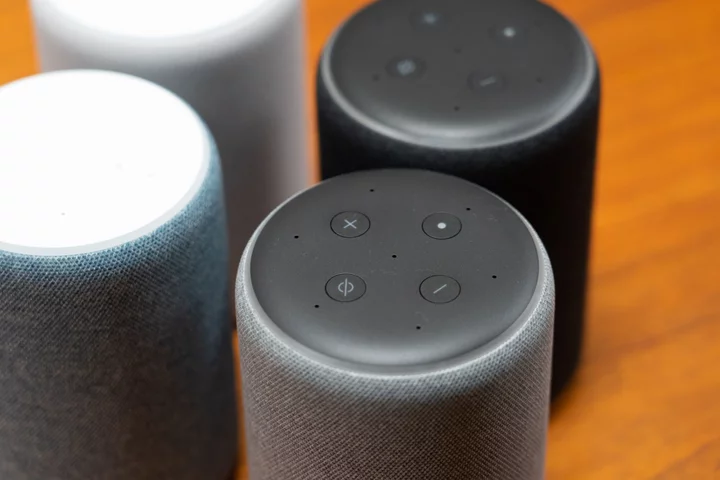
Amazon’s Alexa Defends Company Honor While Jabbing Rivals
Ask Amazon.com Inc.’s digital assistant, “Hey, Alexa, is Amazon a monopoly?’ and it will profess ignorance. “Hmm, I
1970-01-01 08:00
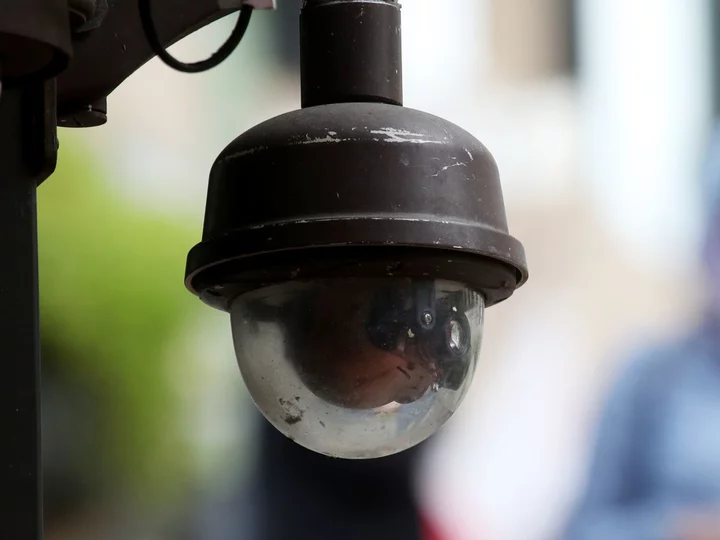
EU Lawmakers Vote to Limit AI Use, Ban Public Face-Scanning
The European Parliament voted to completely ban real-time, remote biometric surveillance — a decision that will put lawmakers
1970-01-01 08:00
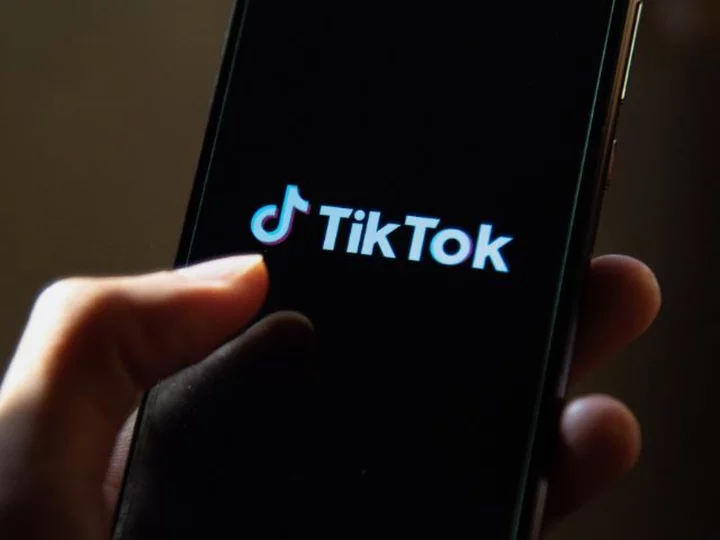
First on CNN: New bipartisan bill in Senate could address TikTok security concerns without a ban
Five US senators are set to reintroduce legislation Wednesday that would block companies including TikTok from transferring Americans' personal data to countries such as China, as part of a proposed broadening of US export controls.
1970-01-01 08:00
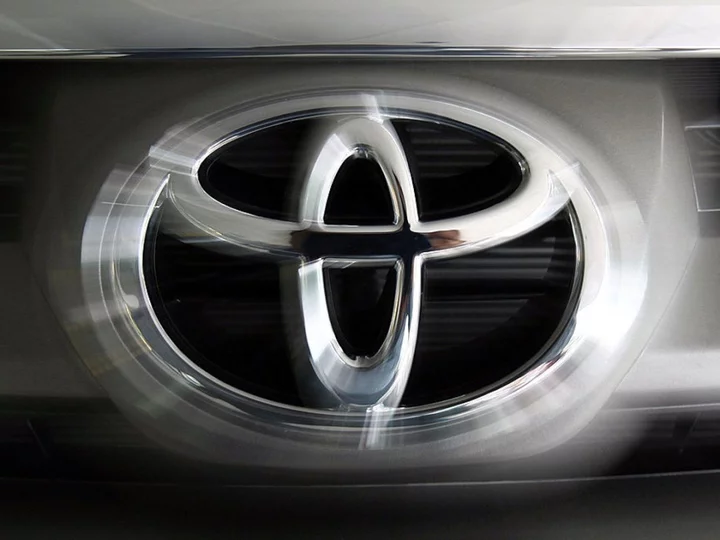
Battery breakthrough offers 1,500 kilometres of range from just 10 minutes of charging, Toyota says
Toyota has revealed plans for a next-generation electric vehicle battery capable of delivering close to 1,500 kilometres (932 miles) of range. The Japanese automotive giant said it aims to produce the commercial solid-state battery by 2027, claiming that it will have a charge time of just 10 minutes. “With the evolution of the vehicle’s operating system, the next-generation battery EV will also enable customization of the ‘driving feel,’ with a focus on acceleration, turning and stopping,” the company said in a technology briefing. The company said that several recent breakthroughs with battery technology meant it was ready to move from the research stage to production of solid-state batteries, which offer a number of advantages over lithium-ion batteries that are currently used in commercial electric cars. Despite range and charging limitations of lithium-ion batteries, they have been favoured over solid-state batteries due to cost and durability issues. Toyota claimed that a “technological breakthrough” had overcome these issues, though did not specify which. The company said it would continue to push forward development of lithium-ion batteries, with plans for a more efficient battery capable of 1,000km of range – nearly double that of the long-range version of Tesla’s Model Y. Lithium-iron phosphate (LFP) batteries will also be developed as a lower cost alternative to lithium-ion and solid-state batteries, Toyota said. Other innovations unrelated to batteries that were detailed in the briefing included aerodynamic technology “based on rocket hypersonic aerodynamics”, as well as manufacturing upgrades designed to reduce costs. Among these is a production process called Giga casting, which was pioneered by Tesla in order to streamline the manufacturing of electric vehicles. Toyota President Koji Sato has previously said that the company had fallen behind in the EV sector and was forced to play catchup. The latest announcement saw Toyota’s share price jump to its highest level since last August. Read More Solar trees offer unique solution to charging electric cars Electric car drives for 100 hours non-stop on futuristic road Three and Vodafone are merging. Here’s what that means for your phone EU makes major statement on the future of Google Reddit’s blackout protest is set to continue indefinitely
1970-01-01 08:00

Vodafone and Three merger: What the huge deal actually means for you
A new deal will bring the “biggest shake-up in the UK mobile market for over a decade” – and could have significant consequences for anyone who uses a phone in the country. Vodafone and Three will merge as part of a deal that will see the two companies merge to make one of Europe’s biggest mobile operators. That will leave customers of those companies – and other operators in the UK – with a network operator significantly different from the one before the merger happened. But will it benefit those customers, or harm them? Here’s everything you need to know about how the possible deal might shakeup the mobile market. What is happening? Vodafone and Three – both relatively small phone networks in the UK – will merge together, with Vodafone owning 51 per cent of the combined business. It’s not clear yet what the new company will be called. It’s also not actually clear whether the deal will actually go through. Regulators still have to approve it, which is not guaranteed. It will affect the companies themselves, which will be re-organised around the new merger, as well as employees who may now fear job cuts. But it will also affect customers and the rest of the country. The deal is expected to be completed before the end of 2024, the companies said. “This long-awaited mega merger represents the biggest shake-up in the UK mobile market for over a decade,” said Kester Mann, director of consumer and connectivity at CCS Insight. What does it mean for customers? The companies are looking to position the deal as great for its customers. It says that it will immediately lead to a “better network experience with greater coverage and reliability at no extra cost, including through certain flexible, contract-free offers with no annual price increases, and social tariffs”. Over the long term, it is not clear how the company intends to bring those customers together. When EE and T-Mobile merged into EE, for instance, the two customer groups initially stayed separate and then gradually became integrated. What does it mean for people who aren’t Three or Vodafone customers? Those behind the merger argue that it will help everyone else, too. Margherita Della Valle, Vodafone’s chief executive, said that it was “great for customers, great for the country and great for competition”. The “country” part of the statement is intended to point to the £11 billion investment that the newly merged company has promised for the UK, which it says will help “create one of Europe’s most advanced standalone 5G networks”. That new network will help provide billions in economic benefit, it argues. And the “competition” part comes from the argument that the mobile market will become more competitive, with another large operator in it. In theory, that could lead to better prices and deals for everyone – though there is of course no guarantee of that. Will prices go up for existing or new customers? It’s difficult to know this far out. Bigger companies have more power, which they can use to try and drive prices higher – but they also have more scale, which they can potentially use to be more efficient and reduce prices. Both companies have recently increased their prices significantly, even above inflation, which might be a clue to how they intend to behave in the future. But they may argue that the deal would allow them to avoid similar rises in the future. This will be the question that regulators grapple with as they probe whether the deal should go ahead. If they cannot be convinced that the merger will lead to better conditions for customers, then they will look to stop it. Will the deal go ahead? There is still a good chance that regulators will stop the deal from going ahead. They did the same when Three attempted to take over O2 in 2016, citing the risk that the deal would lead to higher prices. “This will be a hard sale given that both companies have been outperforming the market for the last year or so,” said Paolo Pescatore, from PP Foresight. “Let’s see if the authorities have a change of heart. Both parties need to demonstrate that this is genuinely in the interest of UK plc, the economy, and consumers for it to have a chance of getting over the line.” Read More Battery breakthrough ‘offers 1,500 kilometre range from just 10 minutes of charging’ EU makes major statement on the future of Google Reddit’s blackout protest is set to continue indefinitely Battery breakthrough ‘offers 1,500 kilometre range from just 10 minutes of charging’ EU makes major statement on the future of Google Reddit’s blackout protest is set to continue indefinitely
1970-01-01 08:00
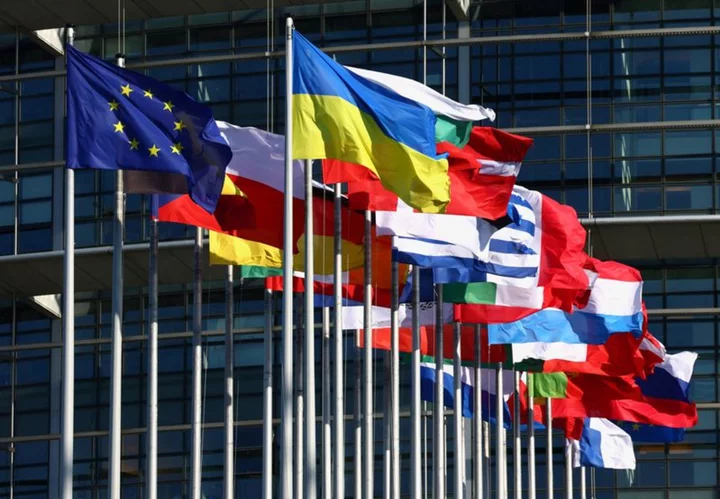
EU lawmakers approve legislation to make batteries greener
BRUSSELS The EU parliament approved on Wednesday new rules to make batteries more durable, more sustainable, and better
1970-01-01 08:00

Hong Kong protest anthem's online presence fades as govt seeks total ban
By Jessie Pang HONG KONG (Reuters) -Various versions of the pro-democracy protest anthem "Glory to Hong Kong" were unavailable on
1970-01-01 08:00
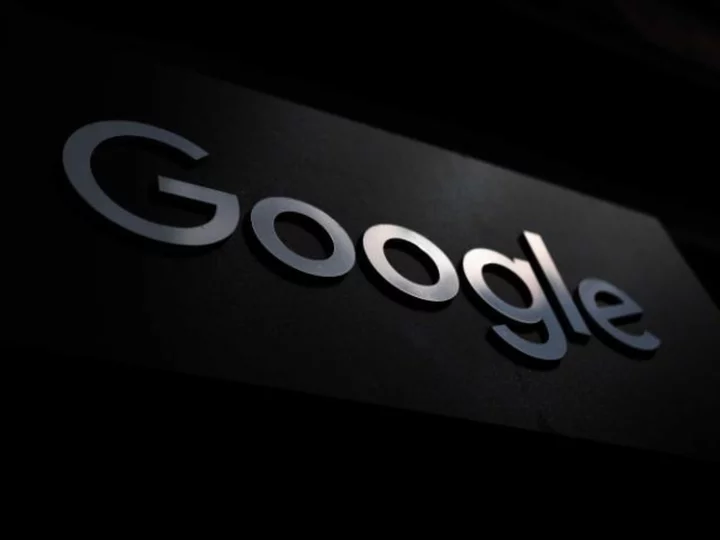
EU officials accuse Google of antitrust violations in its ad tech business
Google's advertising business should be broken up, European Union officials said Wednesday, alleging that the tech giant's involvement in multiple parts of the digital advertising supply chain creates "inherent conflicts of interest" that risk harming competition.
1970-01-01 08:00
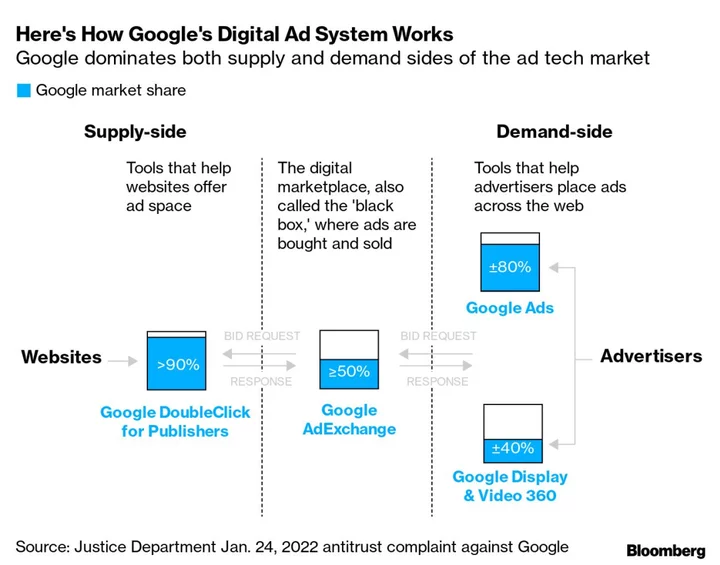
Google’s Ad Tech Dominance Sparks Breakup Threat From EU
Google was accused of abusing its dominance over advertising technology to crush competition, as the European Union fired
1970-01-01 08:00

Apple TV’s Futuristic Climate Show Is Already Coming True
When the futuristic climate series Extrapolations premiered on Apple TV+ in March, its opening episode depicted a New
1970-01-01 08:00

EU says Google has been abusing its dominance for years and may need to sell part of its business
Google has been abusing its dominance for years, and may have to sell part of its business as a result, European regulators have said. Breaking the advertising technology business apart may be the only way to address regulators’ concerns, they said. The European Union said that Google has been favouring its own advertising technology over those of its competitors, using its dominance over the internet to further entrench that control. It has been abusing that dominant position since 2014, regulators said. As such, only selling part of that advertising technology business would be the way to avoid those concerns, it said. So-called “behavioural remedies” – which force the business to conduct itself in specific ways but without changing the ownership or structure of the company – would not work, regulators warned. More follows Read More Elon Musk refuses to pay Twitter’s Google bill, leaving site in peril Major Google Bard update allows it to not just write code, but execute it Artificial intelligence warning over human extinction labelled ‘publicity stunt’
1970-01-01 08:00
